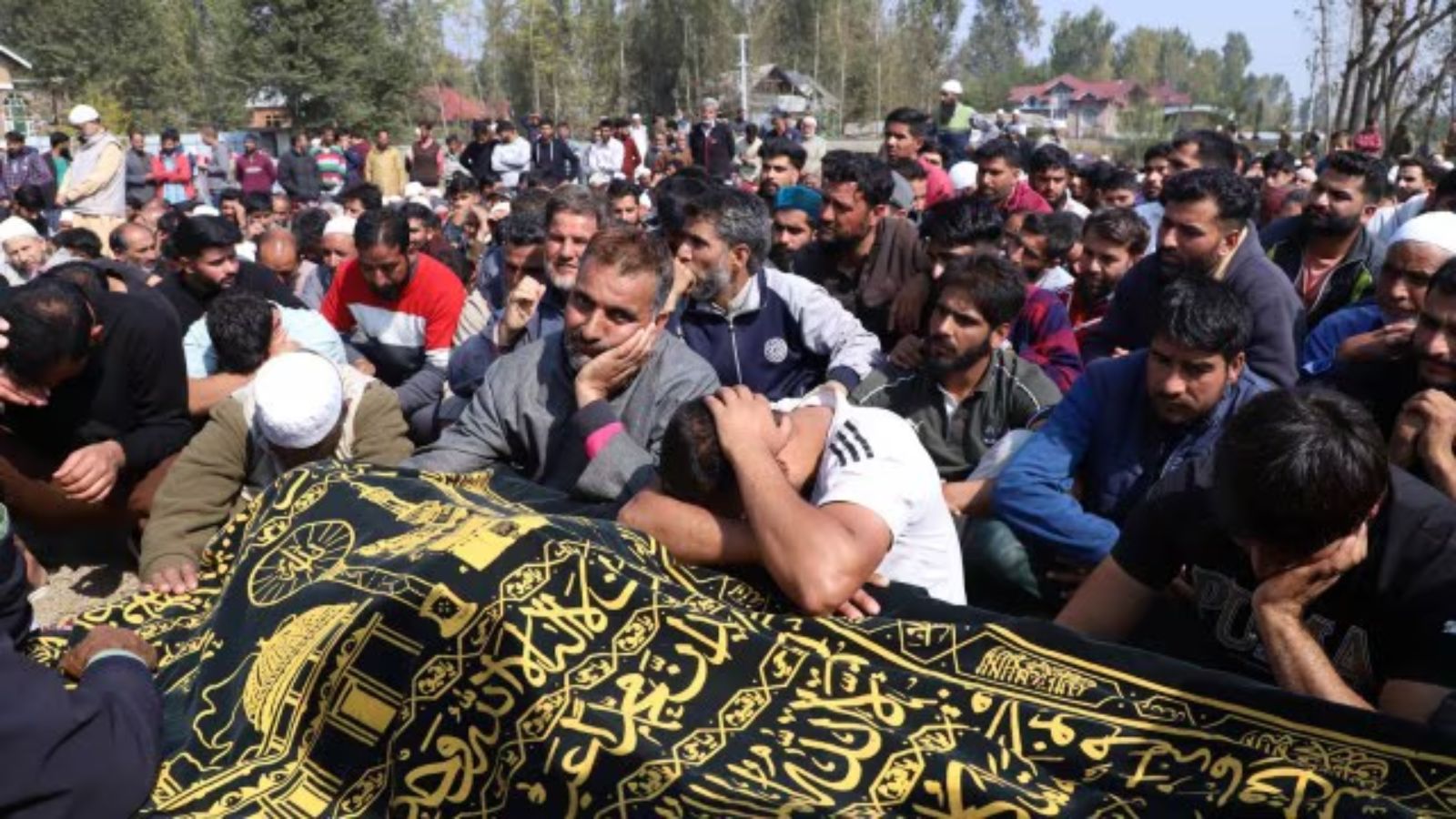 |
|
The recent terror attack on a construction firm in Jammu and Kashmir has sent shockwaves through the region, raising serious concerns about the ongoing security situation. The incident, which claimed the lives of seven employees, including a local doctor, underscores the persistent threat posed by militant groups operating in the region. The attack took place at the strategically important Z-Morh tunnel, which connects Kangan town and Sonamarg tourist resort on the Srinagar-Leh national highway. The site, located near Sonamarg, was chosen for its remoteness and strategic importance, highlighting the militants’ intention to disrupt vital infrastructure projects.
The investigation into the attack has revealed chilling details about the perpetrators. Police sources suggest that the militants responsible for the attack were likely infiltrators from Pakistan, who entered the region from the Gurez sector. This revelation points towards a well-coordinated operation, involving cross-border infiltration and logistical support from militant organizations based in Pakistan. The infiltration route used by the militants highlights the porous nature of the border between India and Pakistan, raising concerns about the effectiveness of border security measures.
The attack has also sparked widespread condemnation and calls for increased security measures. The Indian government has pledged to bring the perpetrators to justice and has intensified counter-terrorism operations in the region. However, the incident serves as a stark reminder of the challenges posed by militancy in Kashmir, and the need for a multi-pronged approach to address the issue. This includes not only enhancing security measures but also addressing the root causes of militancy, such as economic disparities, political grievances, and social exclusion.
